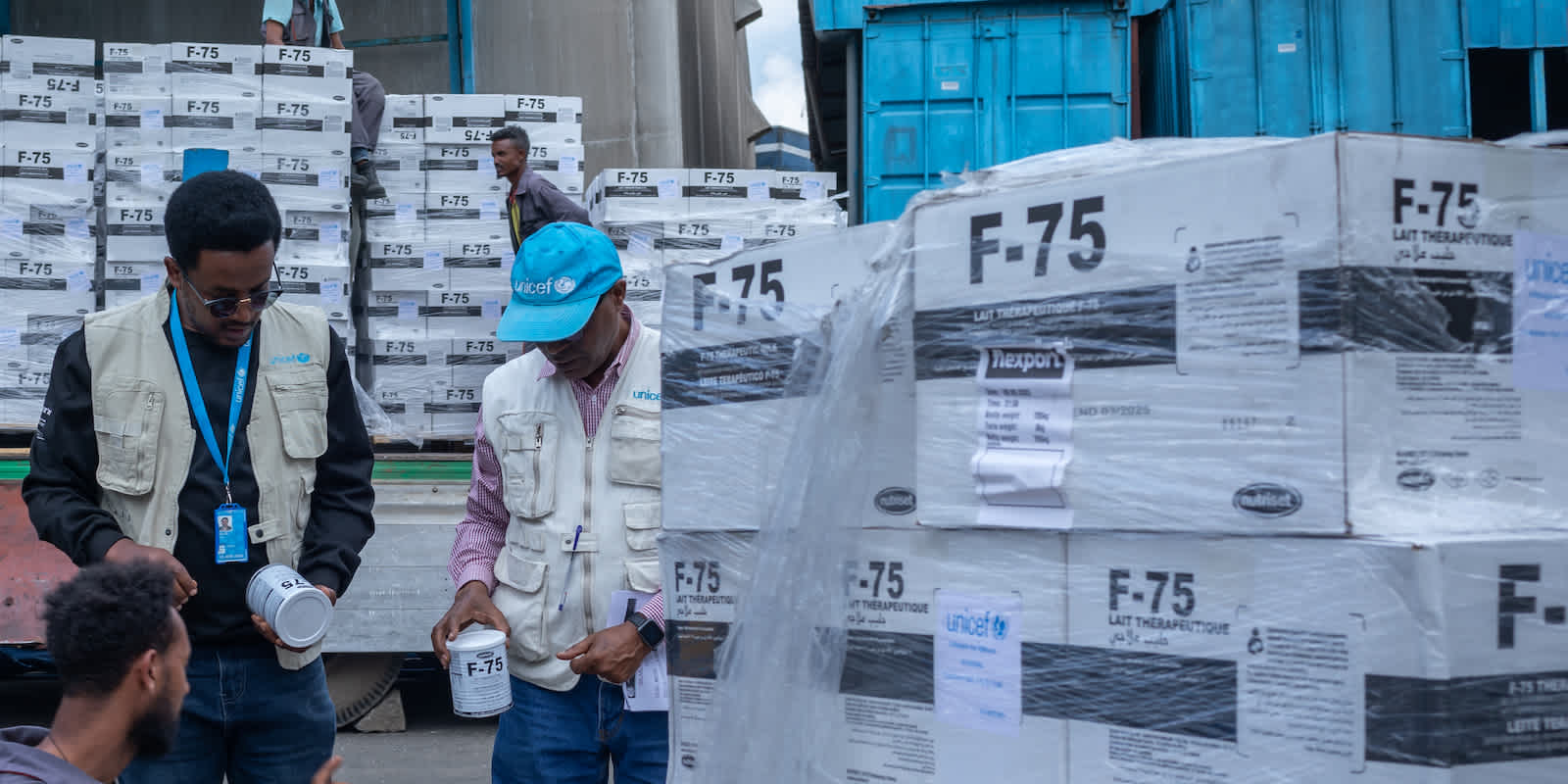
July 24, 2023
Supply Chain Snapshots - News of the Week (July 24, 2023)
Monday, July 24, 2023
Canada’s Pacific Dock Workers Revoke Strike Notice After Trudeau’s Crisis Meeting
(Read more on Reuters)
In the latest move in the ongoing back and forth between the International Longshore and Warehouse Union (ILWU) Canada and the British Columbia Maritime Employers Association, dock workers have revoked a strike notice set to go into effect on July 22. The announcement came after Prime Minister Justin Trudeau convened a meeting of the Incident Response Group, a panel of government officials who meet only in times of crisis, to come up with a plan to avoid further disruptions to the global supply chain and economy.
Older Freighters Starting To Leave the Market
(Read more on AirCargo News)
The transpacific air market is seeing a reduction in capacity as older freighters are retired. Sanne Manders, President, Ocean and Air at Flexport attributes this to carriers looking to ‘rightsize’ their capacity to fit current demand. For a deeper dive on this topic, please see our recent State of Trade Webinar, Is Shipping Bottoming Out or Still Descending?
Surging Frozen Food Demand May Stress Critical Cold Storage Supply Chains
(Read more on CNBC)
The spike in U.S. frozen food sales that started early in the pandemic shows no signs of slowing down, and that’s raising concerns about the cold storage supply chain’s ability to handle the load. As cited, a Columbia University Climate School study found that nearly 13% of food produced globally is lost due to poor cold storage supply chains annually. The companies mentioned in the article—all on the 2023 CNBC Disruptor 50 list along with Flexport—are working toward a more resilient and safe cold food supply chain infrastructure.
Never Mind the Delivery, More Online Consumers Are Turning To Store Pickup
(Read more on The Wall Street Journal)
Buy Online, Pick up In Store (BOPIS) is an order fulfillment model that continues to grow in popularity even after the re-opening of the retail world post-pandemic. Many retailers see it as a logical extension of their use of brick-and-mortar locations as mini fulfillment centers during the height of the pandemic, and they love it because it cuts fulfillment costs by eliminating last-mile delivery altogether. Meanwhile buyers love it because it’s fast, convenient, and it saves them those same delivery fees.
Drought Threatens Return of Shipping Disruption on U.S. Waterways
(Read more on The Loadstar)
A heat wave across the middle of the U.S. is causing concern amongst those who use rivers and waterways to transport agricultural products. In one location on the Mississippi River, levels have already dropped six feet, with a further four feet expected before summer is over. Thus far barge traffic has not been affected, but preparations are being made to avoid the major disruptions seen last year when traffic was stopped just as grain and soybean transport was at its peak.







